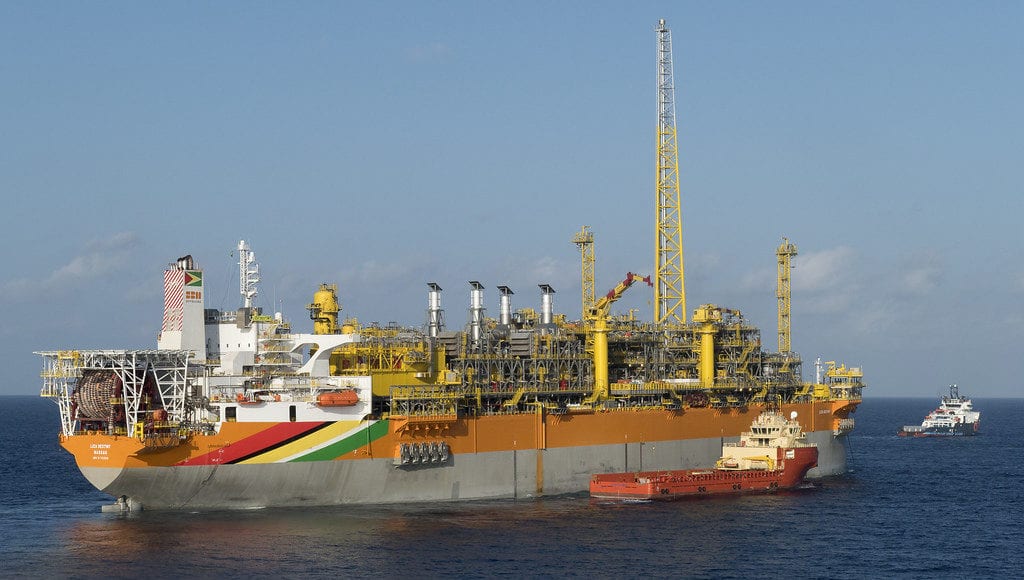Governments have a lot to think about in 2021 says UK-based global consultancy group, Wood Mackenzie. Tougher fiscal terms could put countries at the sharp end of the energy transition – but support for upstream sectors could also remain a priority, particularly after a year of economic disruption.
Graham Kellas, WoodMac’s Senior Vice President, Global Fiscal Research, says the key to tackling competing and even contradictory pressures may lie in bolder, more radical policies.
“Fiscal policy and the energy transition will be closely linked in 2021, as governments take the opportunity to rebuild in the wake of the global pandemic and accelerate net zero goals,” Kellas said.
Major energy companies already factor carbon price assumptions into new investment decisions – but few countries have firm policies in place, he pointed out. “We also expect tougher fiscal terms as governments that set ambitious decarbonisation goals may opt to wind down their upstream sectors altogether.”
But what of developing countries like Guyana, where revenues from oil production will play a critical role in pushing the country’s development goals. ExxonMobil has found approximately 9 billion barrels of oil equivalent resources offshore the South American country since 2015 and began producing oil less than 5 years later, in December 2019.
“Not all governments will want to kill off upstream investment just yet,” Kellas said. “For many, particularly in developing countries, the development of resources, provision of energy, government revenues and local employment are still a higher priority. Nevertheless, fiscal frameworks must be fit for purpose.”
The analyst said investor capital is scarce and the 2020 oil price crash hit company finances hard. The criteria for investment decisions have tightened. Governments responded with few changes in 2020 – in the midst of a global pandemic attentions lay elsewhere. Only Norway introduced meaningful measures to support its upstream sector in the aftermath of the crisis.
Experts have said Guyana’s competitive terms have been key to the resilience of its offshore exploration and production operations, particularly throughout the pandemic which has resulted in falling oil prices and uncertainty about future demand. At the same time, some in the country have been calling for the government to renegotiate its deal with the US oil major so that the country can get more revenue from its offshore resources.
“In 2021, attractive fiscal terms will be more important than ever for explorers. Without them, the offer of new licences could be a hard sell for some countries. And it could also be a last throw of the dice for some governments to ensure existing resources are commercialised as the energy transition accelerates,” Kellas pointed out.
WoodMac said after the turmoil of 2020, it expects Latin America’s upstream market to slowly begin heating up again in 2021 partially due to the activities that were delayed in 2020. Prioritising projects to reduce risks will be the mantra, while several merger and acquisition opportunities will be on the table. Explorers will continue with their campaigns in the high-profile areas, and new opportunities will be offered through several bid rounds.
At the same time, Latin America’s upstream sector will continue its gradual progress towards the energy transition, WoodMac pointed out.



